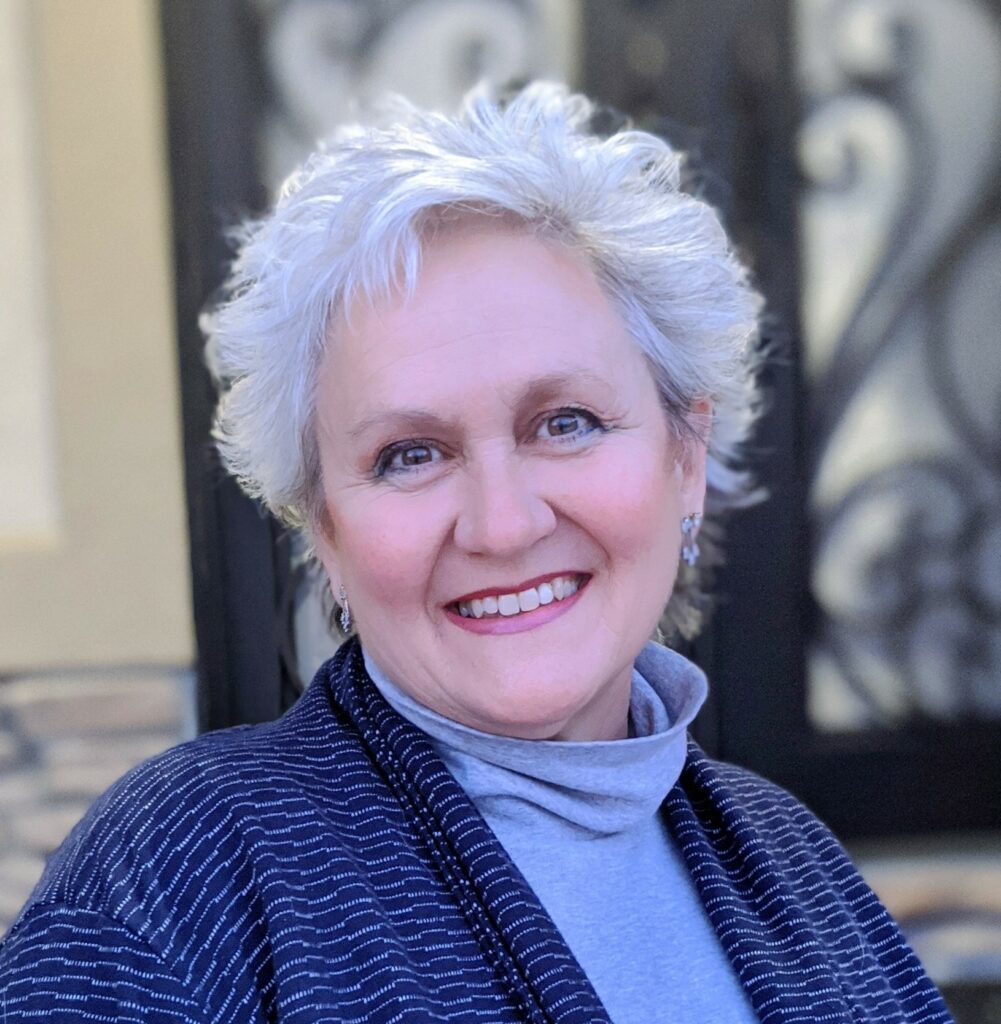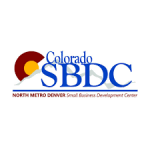Featuring Karen Patel, SBDC Financial Consultant
It seems like you have all the makings for a great business: ingenuity, passion, strategy, determination… but do you have the money to make it all happen? Funding a start-up business is the biggest barrier to entry and can feel completely overwhelming. Don’t throw in the towel just yet though. Karen Patel, lead SBDC financial consultant has some great advice for you about what your capital resources are and the good news is you have options! Keep reading for her helpful tips and click here to watch her full webinar.
Types of Funding Sources
Yourself
This could include cash savings, personal credit, retirement, cash value of your life insurance, etc. This can feel scary, but a good gut-check that Karen mentions is “If you’re not willing to put in your own money, why should anyone else?”
Family and Friends
Those closest to you are often your biggest supporters, but you know your social situation better than anyone else. If mixing business with your social life is going to strain relationships, it is best to consider some of the other options in this list.
Government Resources
It is a good practice to keep an eye out for new grants coming available. The Colorado Office of Economic Development and International Trade (OEDIT) has a helpful database of program and funding opportunities. You can easily filter the search results to match what you are looking for here. You’ll want to check out other options as well though, like revolving loan funds that could be available in your city/county or an SBA loan guarantee.
Industry
Think about the other businesses in your network that you already do business with. If you are in a phase of expansion they may be willing to give you credit terms (30, 60, or 90 days) for equipment or inventory you are buying since they know you will likely be buying even more from them in the future. Some industries have associations that can help provide services and resources as well if you are a member.
Outside Investors
Shark tank is an extreme example here, but we’re talking investors outside of yourself and your own network. Outside investors, commonly called “angel investors” will offer funding early on in return for a percentage of ownership in the business. A factor to be aware of with outside investors is their payment terms. Karen mentions that in today’s economy angel investors are often less patient in receiving their payment back than a bank would be.
Lending Institutions – banks and alternative lenders
1st tier banks are national and international banks. 2nd tier banks are regional and community banks. While 1st tier banks are often considered the ultimate source of credit, they are less likely to take a risk on a business than a local bank could be. There are also alternative nonprofit lenders like Colorado Enterprise Fund, Dream Spring, and B:Side Capital who can help in a situation where you may have been declined by a 1st or 2nd tier lender. Karen gives a quick pro tip: if you are just starting out it is a good idea to have your personal banking and business banking through separate entities.
The 5 C’s Of Credit
It is important to know what influences your ability to obtain credit.
- Capital – What money have you invested?
- Collateral – What are your business and personal assets?
- Conditions – What is going on in the industry?
- Character – In the eyes of the lender are you reliable to pay back the loan?
- Capacity – What is your ability to pay back the loan based on your past experience, financial statements, business plan, SBA loan guarantee, etc.?
What Is Best for You?
How do you know what route is going to be best for you? Ultimately it is up to you, and through the SBDC you can work with a business consultant to help you determine your options based on your specific situation. There are a few helpful considerations to keep in mind:
- What is the purpose of your request (start-up, expansion, refinance, etc.)?
- What type of capital do you need (short term influx, working capital line of credit, long term, equity/capital, etc.)?
- What type of lender do you want to work with?
How Do You Get it?
Now you know what you need, why you need it, and who you want to lend from. But how do you actually make it happen? Karen says it all comes down “documentation, documentation, documentation.”
- Make sure you have a Business Plan with a strong Cash Flow Projection.
- Show your experience (industry and financial credit history).
- Make use of your resources! (SBDC, CPA, Attorney, Insurance Agent, HR Consultant, Financial Planner, etc.)
- Ask! You’ve got to start somewhere.
Where to go from here
Ready to work through your lending questions with a SBDC Business Consultant? You can view Karen’s full webinar here and for more specific guidance you can request a one-on-one consulting session with Karen here.

About the Author:
Karen brings an enormous wealth of economic and business industry experience to her clients. The understanding of day to day business challenges and opportunities serves clients well from 25 years in financial management and commercial lending. Her integrity in building relationships shines through with her personable and trustworthy demeanor. Providing a high-touch level of service, Karen focuses on each client’s need for learning, understanding and executing the strategies that are implemented.
With regional, national, and international contacts and economic development experience, Karen is able to provide resources and networks to strengthen her clients’ overall position. With a formal education in accounting and management from St. Norbert College, there is a structure and discipline present to constantly review and track all implemented strategies of her clients’ plans. She sits on numerous community and non-profit board of directors keeping her in decision-making company with other successful leaders.
As a business owner herself, Karen understands the needs of small businesses and is passionate about helping entrepreneurs lay the foundation of sound financial principles and practices. Starting at the age of 9, her strong work ethic allowed her to see the value of the dollar. As a young teen, she confirmed her vision to reap rewards from her disciplined saving. She saved, spent and paid taxes realizing there must be better ways to manage her small fortune. Knowing that not everyone has the knowledge, experience or professional contacts to assist them, Karen strives to assist her lifelong clients and those referred to her by satisfied clients.
Karen has a variety of licenses and certifications, including being a certified family business specialist (CFBS), certification in Long-Term Care (CLTC), registrations for her Series 6, 63, 65 and 7, along with her Life and Health license. She is very proactive with current and prospective clients, which she goes about by holding educational events like business owner symposiums, seminars and workshops for business owners.
Outside of her consulting practice, Karen enjoys hobbies and recreations like cooking and baking, gardening, rooting for her favorite NFL Teams, eclectic arts and crafts, winetasting, golf and traveling internationally. She has been married for over 25 years and has three marvelous children who together keep the family laughing and active.










